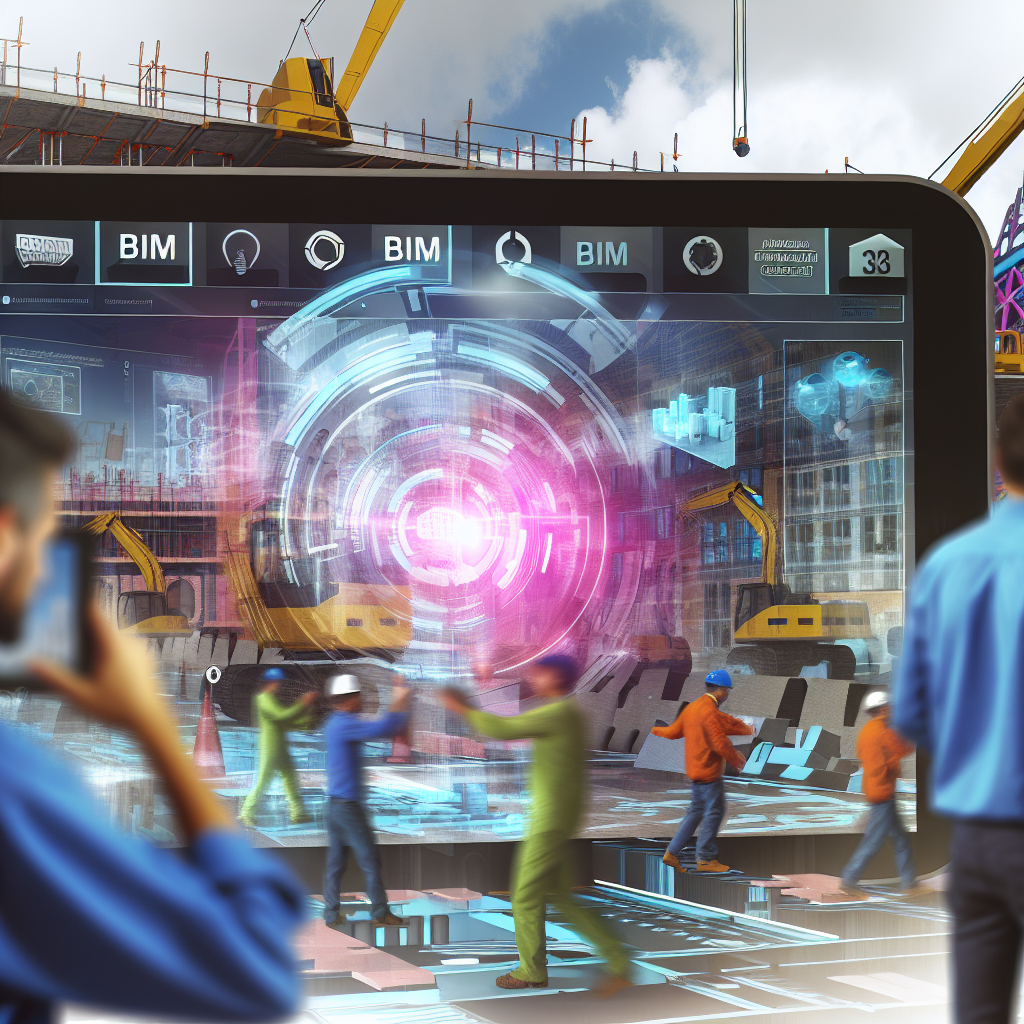In today’s rapidly evolving construction industry, innovative digital solutions are transforming traditional workflows. BIMBOOM and BIM4B stand out as key initiatives that leverage Building Information Modeling (BIM) to enhance collaboration, efficiency, and project outcomes. This article explores how these platforms are shaping the future of construction technology.
Understanding BIMBOOM and BIM4B: Pioneers in Construction Tech
BIMBOOM emerges as a comprehensive digital platform specialized in streamlining construction project management through innovative BIM solutions. It aims to facilitate real-time collaboration among architects, engineers, contractors, and stakeholders, breaking down traditional silos that often cause delays and miscommunication. BIM4B, on the other hand, acts as a complementary initiative focusing on integrating Building Information Modeling into business processes, emphasizing modularity and scalability for diverse projects.
Both platforms aim to bridge gaps in construction workflows by providing cloud-based environments where data is seamlessly shared and updated. Their collaborative nature fosters transparency, reducing costly errors and rework, while also enabling better cost management and scheduling efficiency. Functionality like automated clash detection, virtual walkthroughs, and real-time notifications are at the core of their offerings, promoting intelligent decision-making throughout the project lifecycle.
How BIMBOOM and BIM4B Impact the Construction Industry
The adoption of BIMBOOM and BIM4B signifies a shift towards digital maturity in construction. These platforms enable stakeholders to visualize projects before execution, enhancing clarity and coordination. As a result, project timelines are shortened, budgets are better controlled, and overall quality improves. The integration capabilities of these tools also facilitate a more automated and data-driven approach, which is crucial as construction projects grow in complexity.
Moreover, these initiatives emphasize training and community engagement, creating ecosystems where knowledge about best practices and technological advancements is shared freely. This collaborative attitude accelerates industry-wide digital transformation, encouraging even small firms to adopt BIM technologies and benefit from improved project outcomes. The shift towards smarter construction processes driven by BIMBOOM and BIM4B is thus changing the industry landscape, making projects more sustainable and resilient.
In summary, BIMBOOM and BIM4B are pivotal in driving innovation within the construction sector. By fostering collaboration, enhancing efficiency, and promoting digital integration, they pave the way for smarter, more sustainable building practices. Embracing these technologies offers a competitive edge and ensures projects meet modern standards of quality and sustainability.
